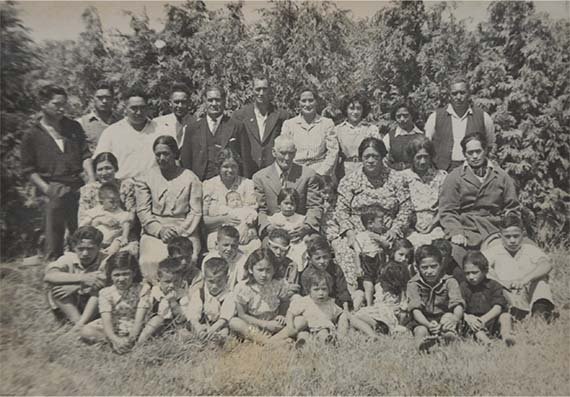
Central to our mahi. Grounded in our whānau knowledge and ways of knowing our whānau, hapū and iwi.
Not just referring to atua pūrākau (oral histories) from the spirit world), but also from our whakapapa.
We know about tūpuna parenting from various sources, all brought together to share with you.
Our tūpuna believed pēpi were from the atua (spirit world), so were born tapu. But what does tapu really mean?
Pēpi are born with mana, which some people find surprising, but it's true! Mana has layers, but what are they?

Do pēpi ever stop being tapu?
Kao, they stay tapu, sacred and protected, for their whole lives.

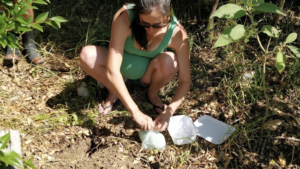

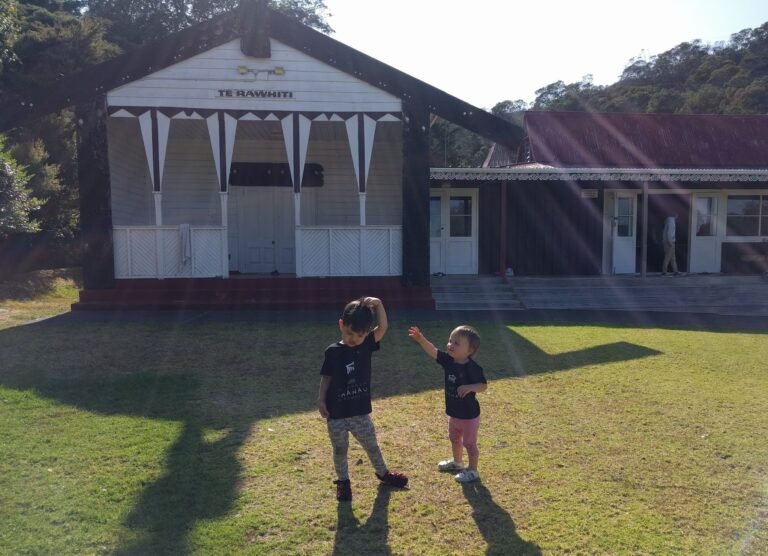
Mana is often translated as prestige, authority, status, spiritual power and charisma. It goes hand in hand with tapu. If something is more tapu, it has more mana.
But there are layers to mana. It’s not just something you earn with age and contributions to your community.
You inherit mana, from the atua (spirit world) and from your tūpuna.
Our tūpuna showed pēpi and tamariki respect in many ways. Listening to their voice, and responding to their requests, was a key one.
Our tūpuna respected pēpi and tamariki from birth, acknowledging their mana by respecting them like we would any adult.
Means meeting their needs and helping them to stop crying - their cries are their voice, and it was embarrassing for tūpuna if pēpi cried.
Means listening to them, responding to them, never dismissing them. Our tūpuna gave tamariki a voice in the whānau, and so should we.

This whakatauki means that it was embarrassing for our tūpuna if pēpi cried for any reason.
Respecting pēpi and tamariki starts with meeting their needs and responding to their voice.
So our tūpuna did what was needed to help them stop crying.
Early explorers saw tūpuna parenting ways and how they treated their pēpi and tamariki.


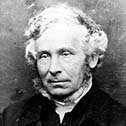

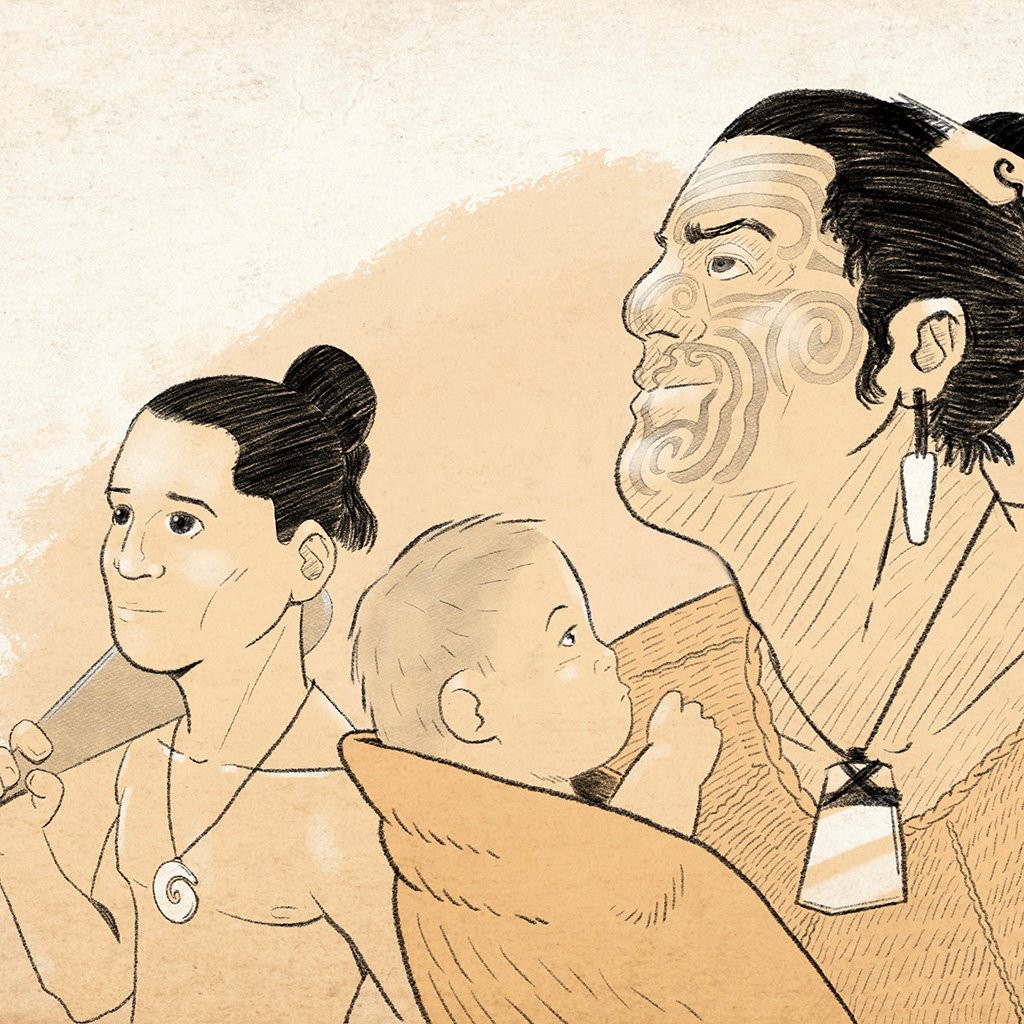

Privacy Policy | Terms & Conditions | Copyright (C) Pēpi Penapena Tapui Ltd